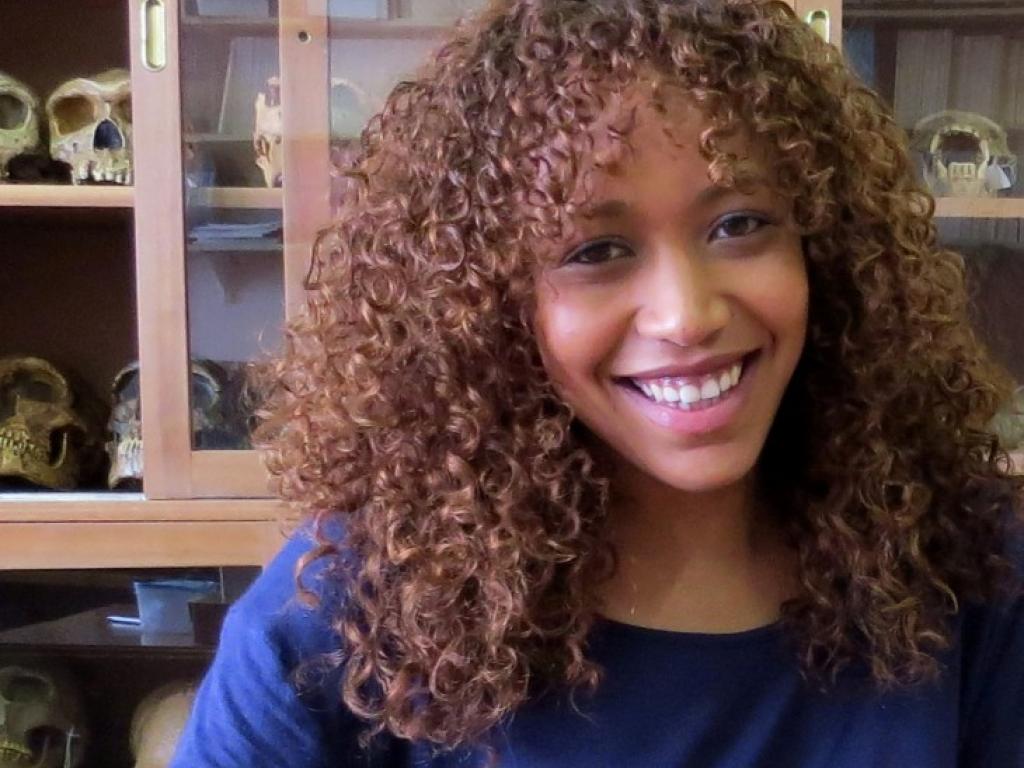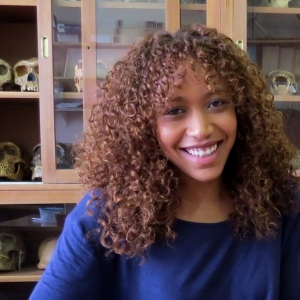Paleoanthropologist Lauren Schroeder in Mail & Guardian 200 Young South Africans 2015


Lauren Schroeder’s (29) journey into the mysteries of evolution and the deep past all started with a set of “innocent looking’’ dinosaur books that her parents bought her. “I knew from a very young age that I wanted to become a scientist. I even have proof that I had an early calling. At the age of nine I wrote down the following: ‘I want to be a famous archaeologist. To get there I know I have to work hard.’ "I am fascinated by questions about where we come from and what it means to be human. We are still trying to unravel the mysteries of our deep human past.”
Schroeder, born and raised in Cape Town, is currently finalising her PhD titled “The evolution and diversification of Pleistocene Homo”. Her thesis explores the transitional period from Australopith (a now extinct genus of hominids) to early Homo (the genus of hominids that includes modern humans and species closely related to them) at about two million years ago. “This period is important as it marks the emergence of our genus Homo; the beginning of our humanness.” Her work focuses broadly on the differences between skulls and teeth among these early hominids.
“Human evolution is not a linear process and the human family tree is really, well, bushy,” explains Schroeder. “We are slowly piecing together the puzzle. My contribution (to this puzzle) is exploring the evolutionary processes, such as natural selection and genetic drift, which have shaped the diversity in our lineage. ”
She is involved in both the Malapa and Rising Star projects (two important hominid bearing cave systems in the Cradle of Humankind World Heritage Site in Gauteng), run by Wits. She is part of the research team studying the recent fossil discoveries, including Australopithecus sediba. “I am immensely fortunate to be working in this field. Unravelling questions about our origins adds an additional layer to our rich African identity and heritage.”
In September, she starts working as a post-doctoral research associate at the State University of New York at Buffalo. She plans to return to South Africa to fulfil her other passion, which is to teach young South Africans. Raised by working class parents, Schroeder believes science offers great opportunities for anyone allowing themselves to dream big. “Skeletons from our human ancestors present an exquisite puzzle to someone interested in the sciences, as well as the philosophical questions of life.” Her advice to learners and budding researchers is “never stop questioning!”
